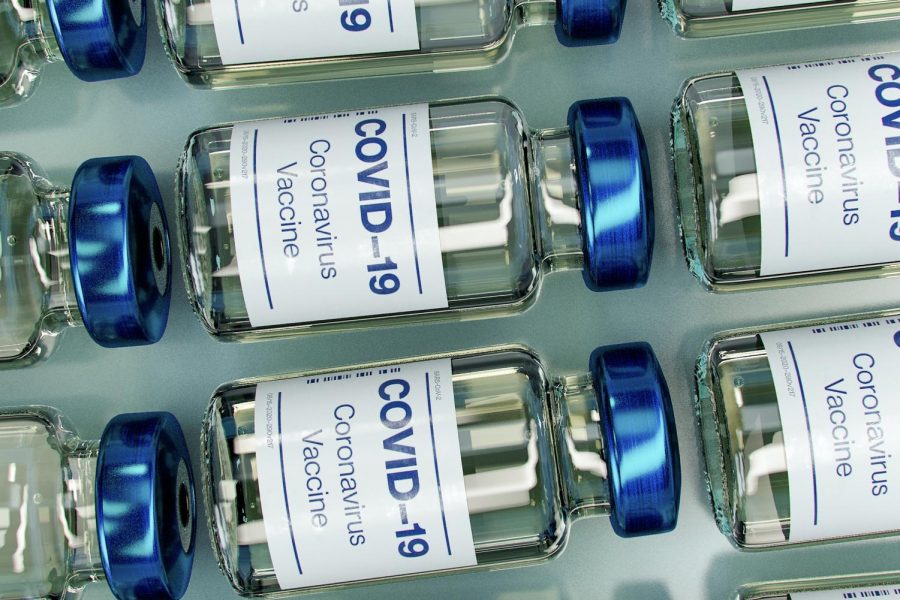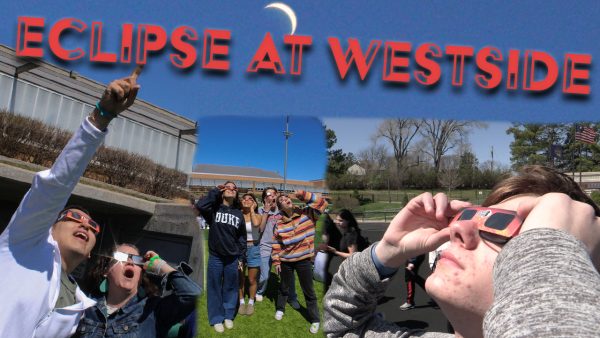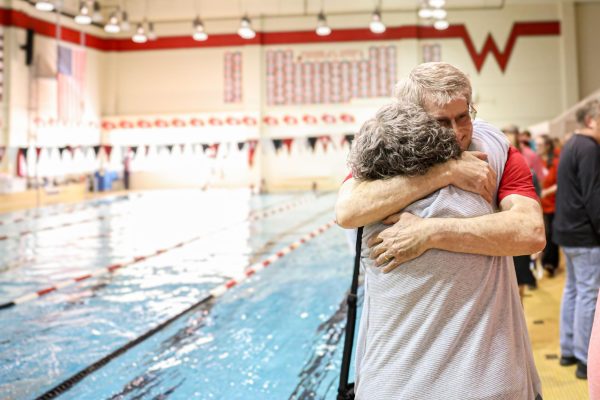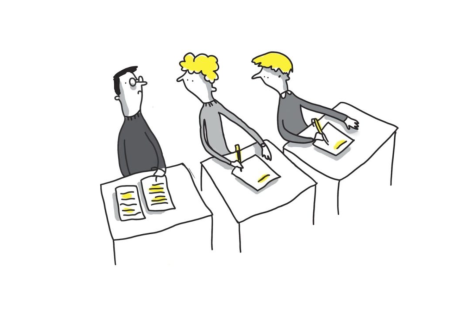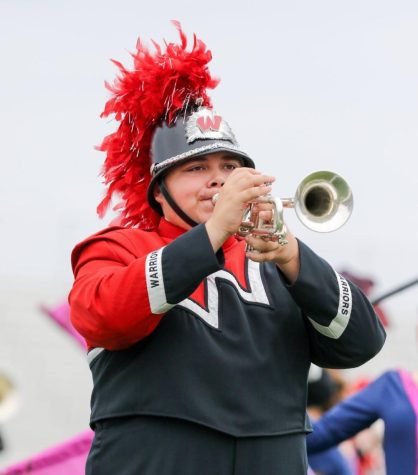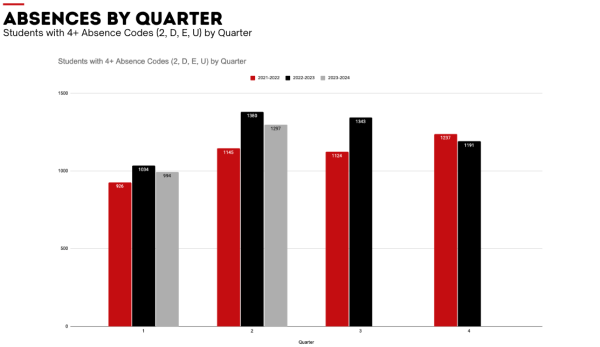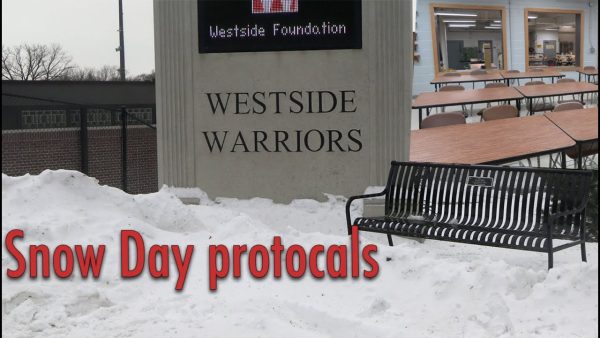CDC Recommends COVID-19 Booster Shots for the Immunocompromised
On Wednesday, Aug. 18, the Centers for Disease Control (CDC) announced that COVID-19 vaccine booster shots would become available on Sept. 20.
Boosters should be taken exactly eight months after an individual’s second dose, with one exception: all people ages 12+ with immune system-compromising illnesses and those taking immune-suppressing medications. The CDC recommends these individuals begin receiving third doses now.
While efficacy against all variants remains high for both the Pfizer and Moderna vaccines, especially in cases of severe illness, the CDC stated in its press release that this was an attempt to get ahead of antibody decline.
“Current protection against severe disease, hospitalization, and death could diminish in the months ahead, especially among those who are at higher risk or were vaccinated during the earlier phases of the vaccination rollout. For that reason, we conclude that a booster shot will be needed to maximize vaccine-induced protection and prolong its durability,” the CDC said.
Dr. Angela Hewlett from the Nebraska Medical Center spoke to Westside Wired about the distribution of booster shots.
“It is recommended that immunocompromised people receive a third dose vaccination in order to increase their antibody protection and provide more protection from [COVID-19],” Hewlett said. “This includes immunocompromised students ages 12-17, who should receive the Pfizer vaccine.”
Hewlett also recommends not mixing vaccines, like taking a different booster shot than the original vaccine. However, Hewlett said it can be done if necessary.
“Staying with the same vaccine is recommended, however, in circumstances where the same type is unavailable it is acceptable to get a third dose of another mRNA vaccine,” Hewlett said. “Students 12-17 should only receive Pfizer since it is the only vaccine approved for this age group.”
The CDC reports that the Pfizer vaccine’s age-adjusted efficacy remains at 80% including against the Delta variant, so this measure is intended to prevent possible future efficacy decline.
Junior Bradley Sibert said he feels that a third dose of the vaccine would help boost protection.
“I’ve heard that the protection [given by the vaccine] declines over time, so [yes], I would feel a bit safer with a third dose,” Sibert said.
As the third dose is the same vaccine as the first two, interested individuals can make vaccine appointments at vaccines.gov or walk in to most local pharmacies.
Your donation will support the student journalists of Omaha Westside High School. Your contribution will allow us to purchase equipment and cover our annual website hosting costs.
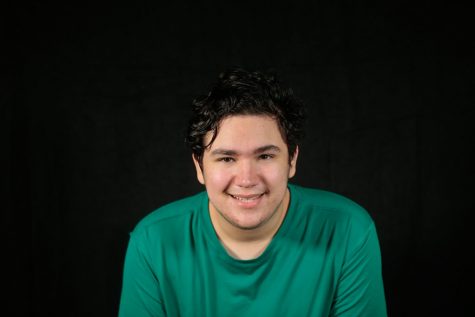
Hi, my name is Dan Magruder! I am a staff writer for Westside Wired this year. I am currently a junior and this is my third year on Wired. A fun fact about...


